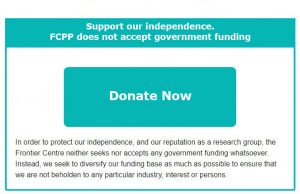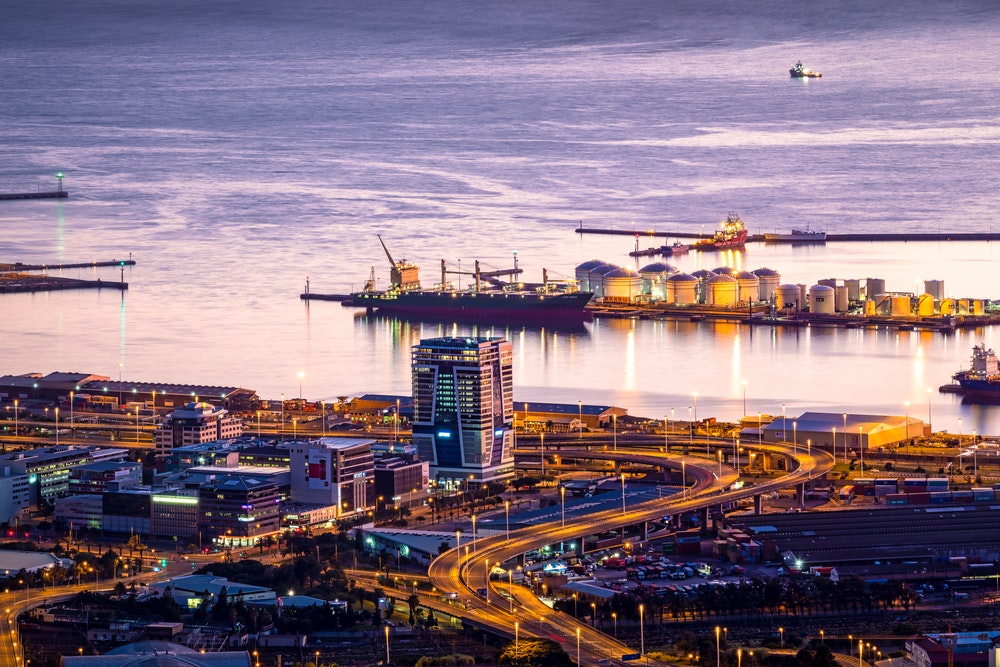When most Western and Asian countries were in lockdown with the pandemic, the African continent remained largely without restrictions. This shows that Africa is not afraid of the future and has a lot of opportunities opening up. China’s strong influence here is one proof of Africa’s rising importance in the world economy.
The fact that global powers are investing in Africa should be a warning for Canada. It is time to invest more in the continent, especially considering the new free trade area in Africa.
The African Continental Free Trade Area (AfCFTA) was created in 2018 and free trade began in January 2021. The area covers a market of 1.2 billion people and a gross domestic product (GDP) of $2.5 trillion, across all 55 member states of the African Union. Moreover, in terms of the numbers of participating countries, AfCFTA will be the world’s largest free trade area since the formation of the World Trade Organization.
This area is also a growing one. According to data from the AfCFTA secretariat: “The population of Africa is projected to reach 2.5 billion by 2050, at which point it will comprise 26 percent of what is projected to be the world’s working-age population.”
The new agreement will also boost inter-regional trade in Africa. Indeed, African Business says: “Intra-African exports were 16.6% of total exports in 2017, compared with 68.1% in Europe, 59.4% in Asia, 55% in America and 7% in Oceania, according to UNCTAD.” Eliminating tariffs will allow more flexibility for the market and more prosperity. Considering that Africa’s main weakness is poverty, the expected incoming prosperity could be a game-changer. 
According to the World Bank, AfCFTA could bring 30 million people out of extreme poverty and raise the incomes of 68 million others who live on less than $5.50 per day. Moreover, trade facilitation measures that cut red tape and simplify customs procedures would drive $292 billion of the $450 billion in potential income gains.
Africa’s development will create new business opportunities for Africans but also for foreigners. A more unified and stable continent will create a more attractive environment in which people from all over the world could do business.
Considering Canada’s good track record on free trade, Ottawa and the provinces should take advantage of this opportunity.
As the Business Council of Canada (BCC) reports, trade diversification has become a key priority for Canada. The BCC states: “Canadian exports to the region could reach USD $6.6 billion in 2030, representing a growth potential of about USD $4.1 billion over the coming decade.”
In the next decade, petroleum, oil, gas and mining will continue to be important for Africa. Indeed, this developing continent will need this fossil energy and raw material to aid its development and its technological progress to grow its economy.
Moreover, agrifood will be a major sector for trade because one of the main issues for Africa is achieving food security. Canada can help to resolve famine and food insecurity by exporting its food and agricultural machinery.
But Canada must act quickly. Many competitors are already embedded in Africa. Countries such as the U.K., France, China, Germany, Russia, Saudi Arabia and the United States have some advantages over Canada in Africa.
Ottawa will have to deploy smart diplomacy in Africa. Canada has an advantage because it is perceived less as an imperialist power compared to its competitors and can network more easily than old colonial powers or new predator states.
Along with Asia, Africa has the potential to be one of the economic centres of the world in a few decades. Canada must not miss out on this opportunity.
Alexandre Massaux is a research associate with the Frontier Centre for Public Policy.
Photo by Jean van der Meulen from Pexels.



